Talks on mode of Panamagate inquiry collapse
Standoff climaxed as both sides could not finalise a date for a next meeting of the 12-member parliamentary committee
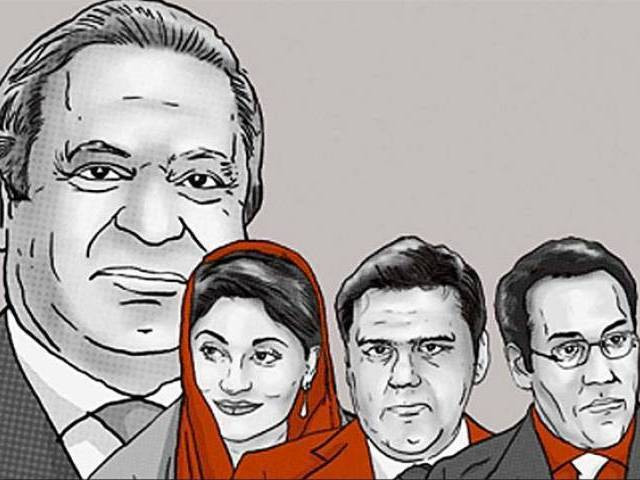
Standoff climaxed as both sides could not finalise a date for a next meeting of the 12-member parliamentary committee. PHOTO: ICIJ
The standoff climaxed on Tuesday as both sides could not finalise a date for a next meeting of the 12-member parliamentary committee on Panama Papers. The government, however, announced that it could decide the matter unilaterally.
“We [government] wanted to constitute a judicial commission in consultation with the joint opposition,” Railways Minister Saad Rafique told reporters outside the Parliament House after Tuesday’s meeting of the committee.
“Now [after the conclusion of the committee meeting], we have all other options open including necessary legislation to form a commission or through other means.”
Without naming Pakistan Tehreek-e-Insaf (PTI) or the Pakistan Peoples Party (PPP), Rafique said two opposition parties have been participating in negotiations but have at the same time called for street agitation. “The government entered into negotiations hoping the opposition was committed to solving the issue, but we realised they are playing tricks,” he said.
Rafique said that under the grab of Panama Papers inquiry, the opposition wanted the government to implement a ‘draconian law’ along the lines of the National Accountability Ordinance of 1999 made by former military ruler Pervez Musharraf.
“The government does not believe in selective accountability. They [opposition] want us to make a law that will derail the system and cause harm to democracy,” the minister said, adding that such a law could be misused in future by ‘other powers’.
He accused the opposition of targeting the elected prime minister, noting that it has become fashionable in Pakistani politics to target the prime minister. He said the opposition has assumed the role of judges rather than keeping their role limited to drafting ToRs.
For his part, Leader of the Opposition in Senate Aitzaz Ahsan said there was “no significant development and nothing substantial” to tell about Tuesday’s meeting.
He claimed that the joint opposition showed flexibility but the government refused to budge. He said all opposition parties would consult their respective leaderships in the days to come and chart out a future course of action.
Earlier, before the committee sat down for the eighth round of talks, the joint opposition held a consultative meeting in Ahsan’s chamber.
They decided that while the opposition would participate in the parliamentary committee’s meeting, it would not back down from its demand of initiating ‘investigations from the prime minister and his family’ in the Panamagate probe.
However, rifts appeared among opposition parties on Tuesday when the joint opposition refused to own a document, titled “Additional Powers of the Commission”.
The document was submitted to the government team by Awami National Party Senator Ilyas Bilour in response to the Commissions of Inquiry 2016 bill submitted by the government during the seventh meeting.
A handout from the National Assembly Secretariat said: “Senator Ilyas Ahmad Bilour, on his own behalf, circulated among members copies of a document titled ‘The Additional Powers of the Commission’.”
The ANP and MQM have opposed the idea of including PM’s name in the ToRs draft, as desired and insisted by the PPP and PTI.
Published in The Express Tribune, June 15th, 2016.

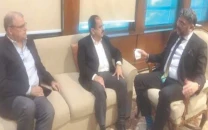

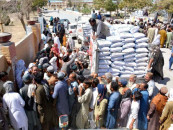
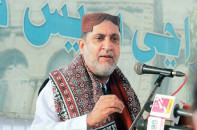
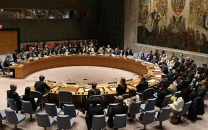
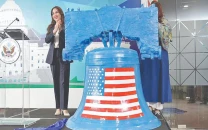












COMMENTS
Comments are moderated and generally will be posted if they are on-topic and not abusive.
For more information, please see our Comments FAQ